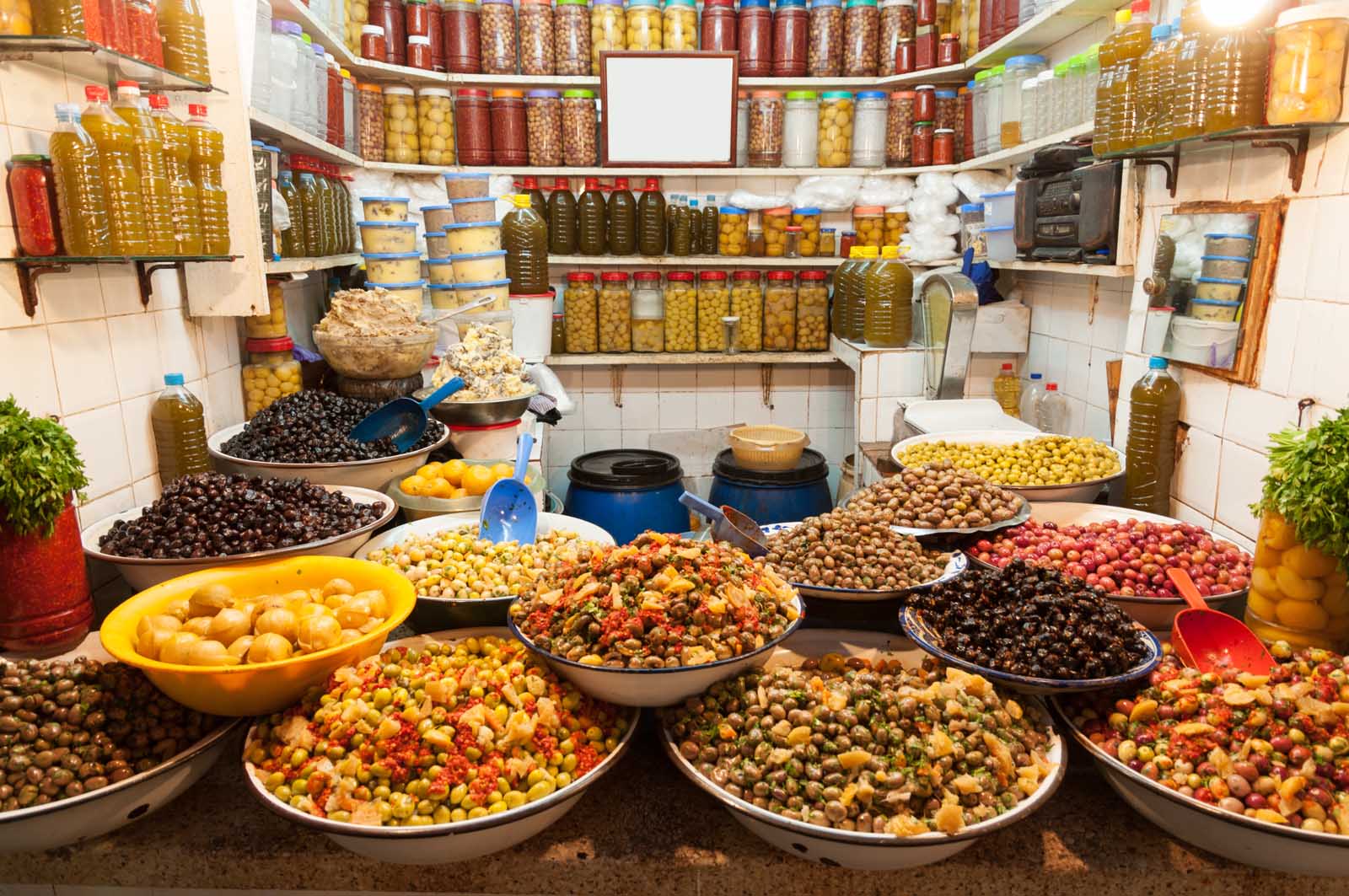After more than a year of pandemic restrictions and lockdowns, many of us are eager to return to the activities we enjoyed pre-pandemic, including attending large events, such as music festivals and sporting events. So how can you enjoy these experiences while staying safe during a pandemic?
Although we are still navigating the pandemic, significant progress has been made since its onset in March 2020. Currently, there are three COVID-19 vaccines authorized in the United States, with a total of 23 vaccines receiving authorization globally. Moreover, the scientific consensus indicates that SARS-CoV-2, the virus that causes COVID-19, is likely here to stay, thus necessitating our gradual adaptation to living with it.
How can you enjoy the fun of festivals, fairs, and sports events while minimizing the risk of infection?
Health experts David Cutler, MD, from Providence Saint John’s Health Center, and Rob Rohatsch, MD, Chief Medical Officer at Solv Health, share essential safety tips.
Get Vaccinated
Dr. Cutler emphasizes that while the risk of infection remains, individuals can reduce this likelihood. The foremost method of minimizing the risk of contracting the new coronavirus is through vaccination. All three vaccines authorized in the United States—Pfizer, Moderna, and Johnson & Johnson—are safe and effective.
“The most crucial action to protect yourself and others is to get vaccinated,” Dr. Cutler stresses.

According to Dr. Cutler, over 95% of individuals hospitalized with COVID-19 are not fully vaccinated. Therefore, it’s vital that everyone attending an event is vaccinated. While “breakthrough” infections can occur among vaccinated individuals, they usually result in less severe illness.
Being fully vaccinated significantly lowers the risk of infection and, in case of contracting the virus, reduces the chances of severe disease. Thus, Dr. Rohatsch advises seeking events that enforce vaccination and/or testing requirements.
Wear a Mask
The Centers for Disease Control and Prevention (CDC) recommend mask-wearing in public indoor settings for those unable to receive the COVID-19 vaccine or only partially vaccinated. Full vaccination does not exempt individuals from wearing masks, especially indoors, to minimize the risk of transmitting the highly infectious Delta variant.
Dr. Cutler supports this guidance and underscores the importance of wearing the mask correctly to cover both the nose and mouth effectively.
Space Matters
“Outdoor events are generally safer than indoor gatherings,” Dr. Cutler notes, suggesting a preference for events held in open spaces whenever possible. Dr. Rohatsch concurs that outdoor venues are typically better for health.

Both experts further recommend maintaining a distance from other attendees who are not part of your household. Although the CDC recommends keeping 6 feet (2 meters) apart, Dr. Cutler suggests that even a shorter distance can help lower the risk.
Remember to Wash and Sanitize
“Don’t forget to wash your hands,” urges Dr. Cutler. If an outdoor event mandates vaccinations and masks while promoting distancing and hygiene, attendees can feel safer. The CDC also recommends washing hands frequently for at least 20 seconds with soap and water or using sanitizer with a minimum of 60% alcohol when soap and water are unavailable.
Avoid Unnecessary Risks
Prior to attending a large event, Dr. Cutler and Dr. Rohatsch advise against taking unnecessary risks. Key considerations include the current COVID-19 case rates in the event’s location.
“Attending events in areas with lower COVID-19 cases offers a relative level of safety,” explains Dr. Cutler. In the US, the CDC website provides community transmission rates. For international travel, refer to country-specific information.
Dr. Cutler warns that the near dominance of the highly transmissible Delta variant makes close contact risky, reinforcing the necessity of taking all precautions seriously.
“Follow local and CDC guidelines relevant to your area and the event,” urges Dr. Rohatsch.
Consider Your Health
While these safety tips enable confident planning, Dr. Cutler emphasizes that “the final consideration before attending a large event is you.”
Awareness of personal health factors—such as chronic conditions—that may heighten vulnerability to infections is crucial. Dr. Rohatsch advises, “If you are at high risk for complications from COVID-19, it may be best to stay home until local cases decrease and/or CDC recommendations evolve.”
Although the desire to return to our pre-pandemic lifestyles is strong, maintaining health should be the priority. Dr. Cutler concludes by encouraging individuals to feel empowered to decline gatherings if they feel unsafe. “This is the new normal in the post-COVID world.”
Ultimately, if you cannot reduce the risk of infection to a comfortable level, avoiding the activity is advisable.
For further information on COVID-19 and travel, refer to iBestTravel’s Health Hub.
This article was medically reviewed by Dr. Debra Sullivan, Ph.D., MSN, R.N., CNE, COI.




